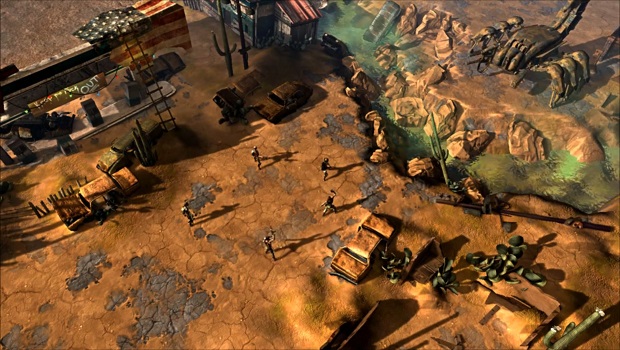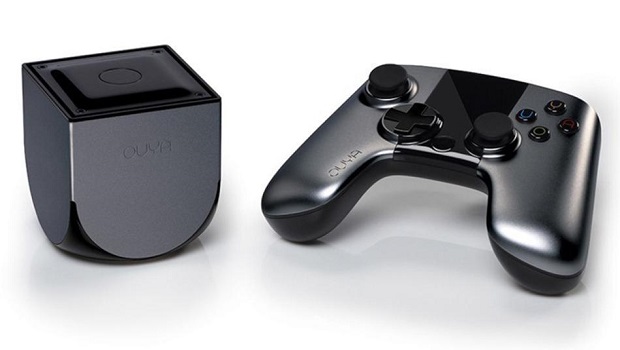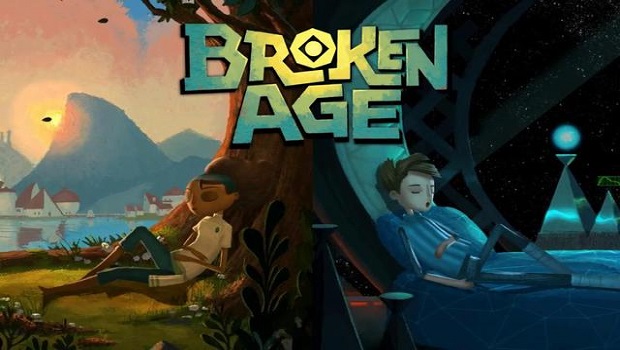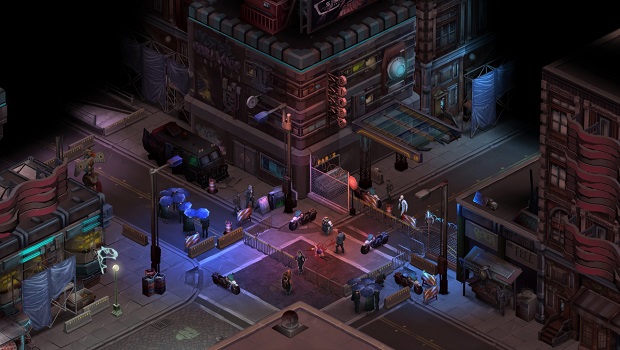Welcome to Critically Sane’s Question of the Week, where we do our best to answer an inquiry posed to us by the community. Have your own question? Tweet it to us @criticallysane or put it in the comments below!
What do you think of Kickstarter and is it good for the video game industry?
That Kickstarter has been great for the industry is difficult to deny. A large number of very nuanced, interesting titles that would never have hit the marketplace have used the service to get to launch. Titles like Shadowrun Returns, FTL: Faster Than Light, and others would never had launched without it. In terms of smaller indie titles, Kickstarter has provided ample contact with gamers and budgets to produce the titles developers think that their audience desires. Adventure games like Double Fine’s Broken Age and RPGs like Shadownrun Returns were considered dead by publishers. Kickstarter has given those genres new life.
Despite that positive undertone, Kickstarter is essentially harmful to that gamer/developer relationship in its current form. The oversight and accountability that you have in a publisher model is essentially lost when the relationship consists merely of an infusion of cash at the beginning of development. We’ve already seen a number of projects get delayed, and, in several cases, developers have been accused of taking the money and running. The fact is that Kickstarter is, in relation to games, merely a preorder system where the customer is charged long before their purchase ever hits the market. Such a situation is one where the “donator” is begging to be fleeced. Kickstarter does not guarantee their projects, putting that onus on their creator. If the developer were to disappear, it would be up to the individual customer to sue. Good luck getting your $10 back.
The highly publicized Ouya kickstarter touted an amazing yet inexpensive Android console that would revolutionize the industry. The fact is that the thousands of donors would never have purchased an Ouya had they actually the chance to experience one. With a weak, schizophrenic library and one of the worst controllers in the history of gaming, the Ouya is a travesty. Kickstarter pledges were promised a pre-launch console, a promise that the folks behind Ouya had no possibility of meeting. Those pre-launch consoles were inferior to those that Ouya delivered to retail, and many did not even arrive in customers hands until after the retail launch.
Let’s faces it: had those initial pledges been investments instead of preorders, the investors would have been able to demand a better console. The leadership at Ouya would have been held accountable for their flawed controllers and catastrophic supply chain management, and the release would have been delayed until the console was ready for prime time. Instead, the scattered donors could only watch in horror as the optimistic Kickstarter campaign was replaced by stark reality. Investors have a level of ownership over that which they seed money to.
Those foolish enough to donate to a Kickstarter campaign have no control, and can only watch helplessly as developers make decision after decision they disagree with. Double Fine’s Broken Age: delayed, and now the developer splitting the game apart, because the Kickstarter campaign, one of the largest in history, didn’t raise enough money. Wasteland 2 (which isn’t even close to launch) has already been delayed. The recently released Shadowrun Returns hit market after a six month delay. The developers behind The Banner Saga used their Kickstarter money to launch a free-to-play multiplayer game INSTEAD of the game people put their money down for. Cries of financial mismanagement in all of these projects abound.
Those are the high profile releases. Where are the others that seem to have just disappeared? Where is Starlight Inception? What happened to Nekro? Carmeggedon: Reincarnation was supposed to launch in February. Haunts: The Manse Macabre even went belly up, leaving donors holding the bag. I wish I could tell you that Kickstarter was more than a crapshoot. And there are some very happy stories. FTL was one of the best games to hit the market last year. But the vast majority of Kickstarter games are consumed by delay, by changing developer priority, and by the fact that there is no constituency with the power to kick the developer in the rear.
Kickstarter is fantastic for developers and the industry. The infusion of cash, and the freedom from the publishing model is every artist’s dream. But for consumers- we get the raw end of the deal. We, not a publisher, not an investor even, take on the entirety of the risk in these projects. And while some are utter gold, others are the ashes from the money we burned on a hope and a prayer.



